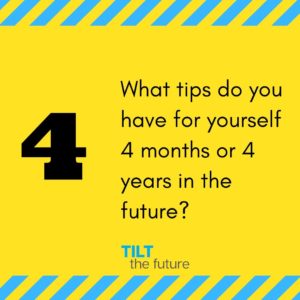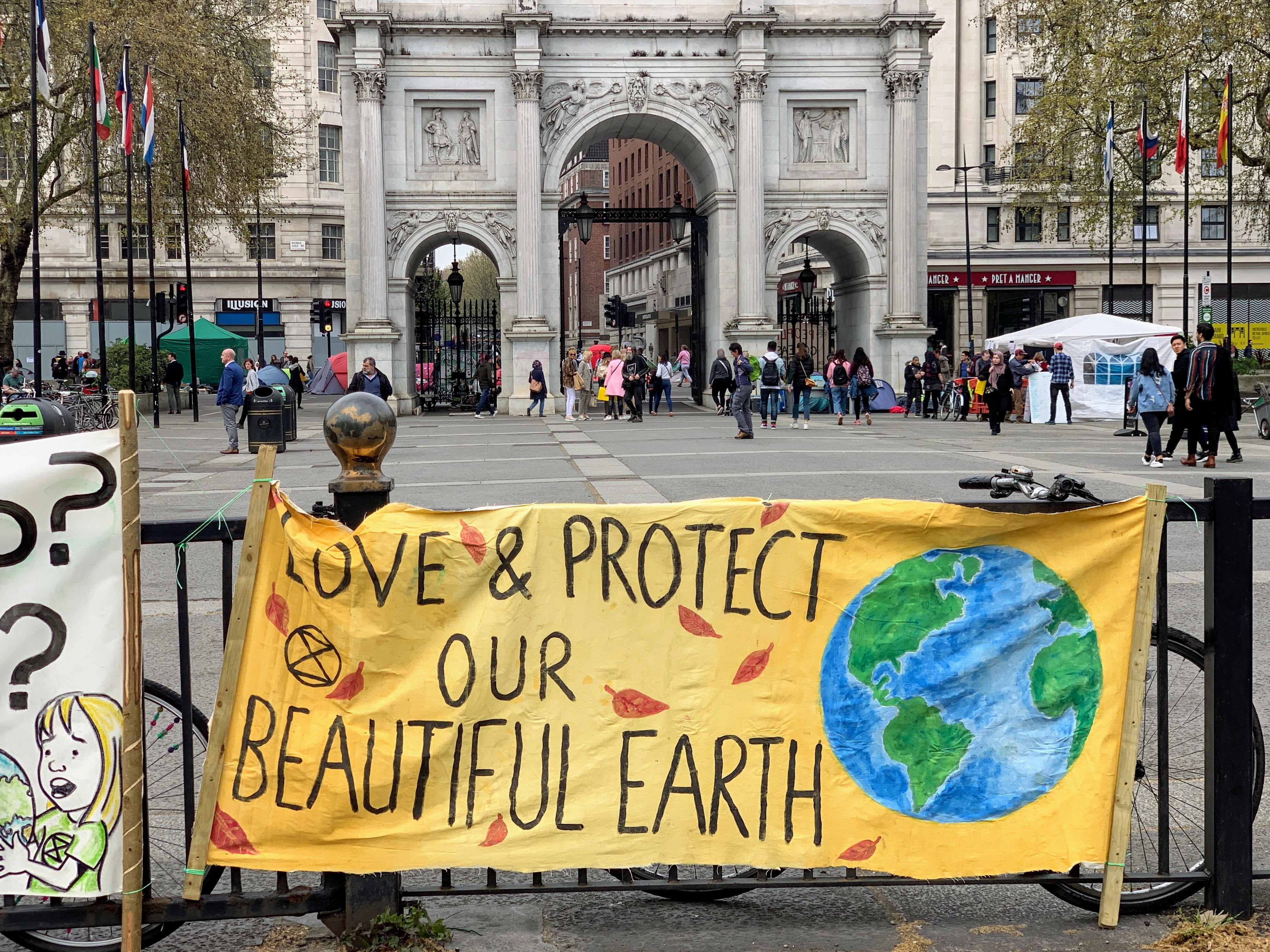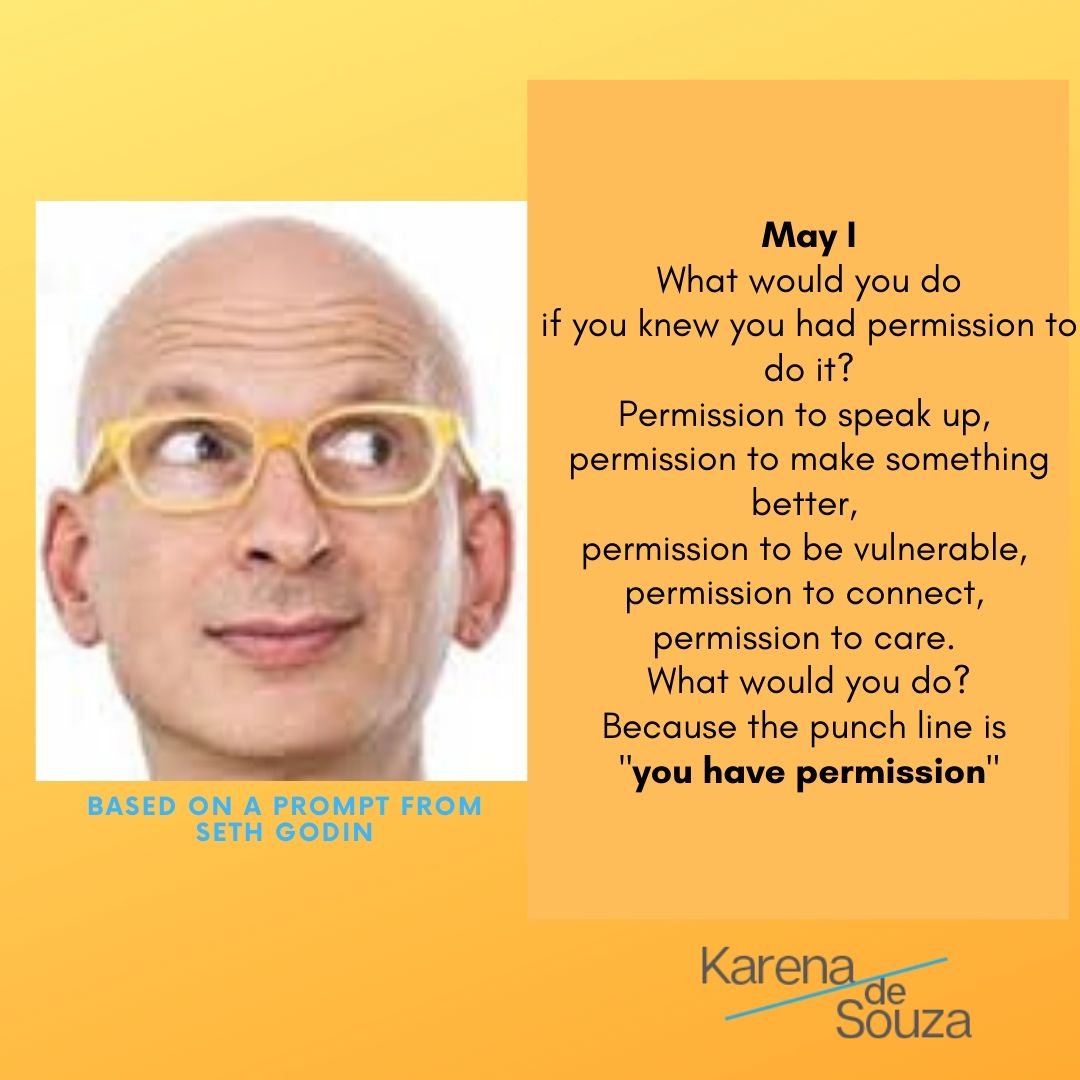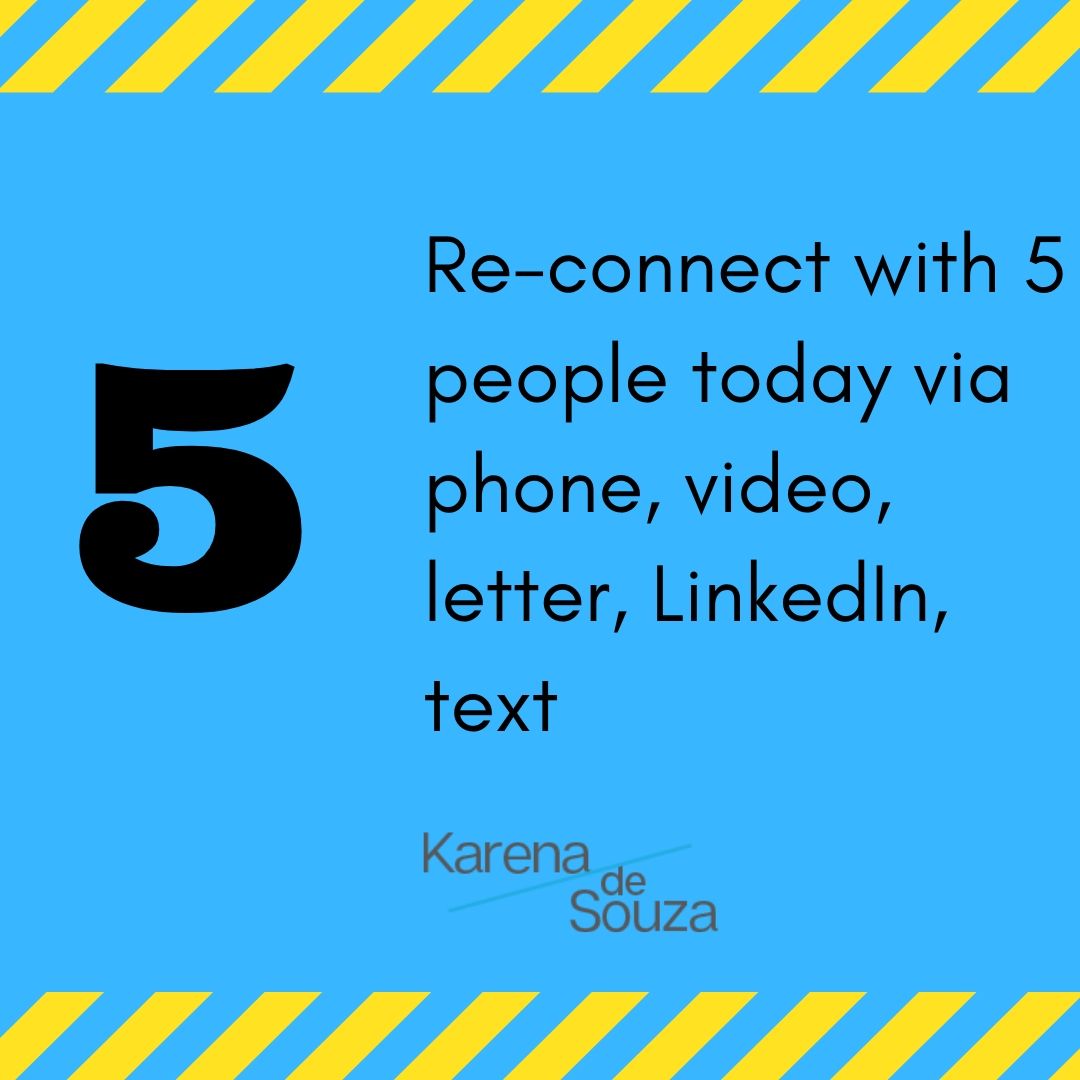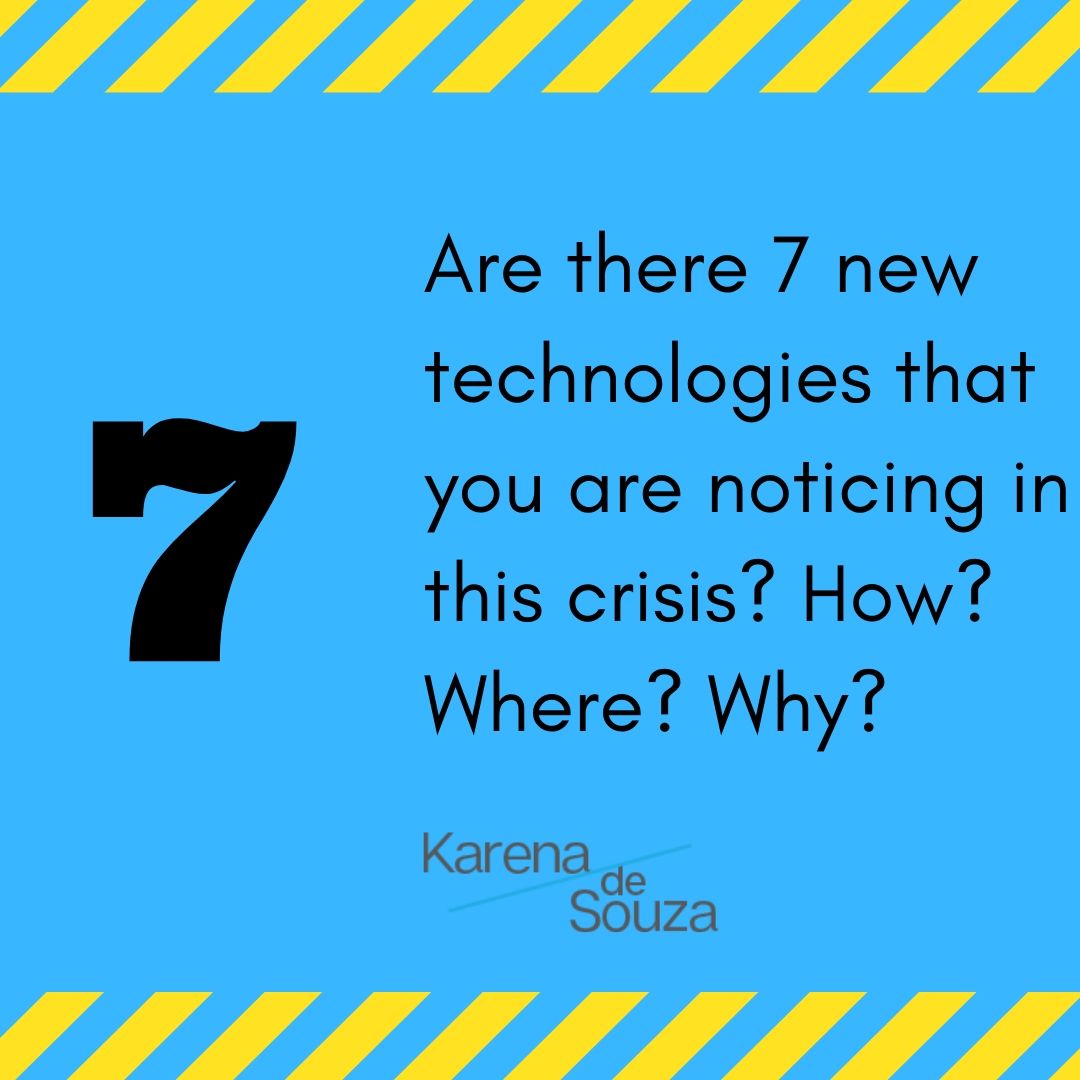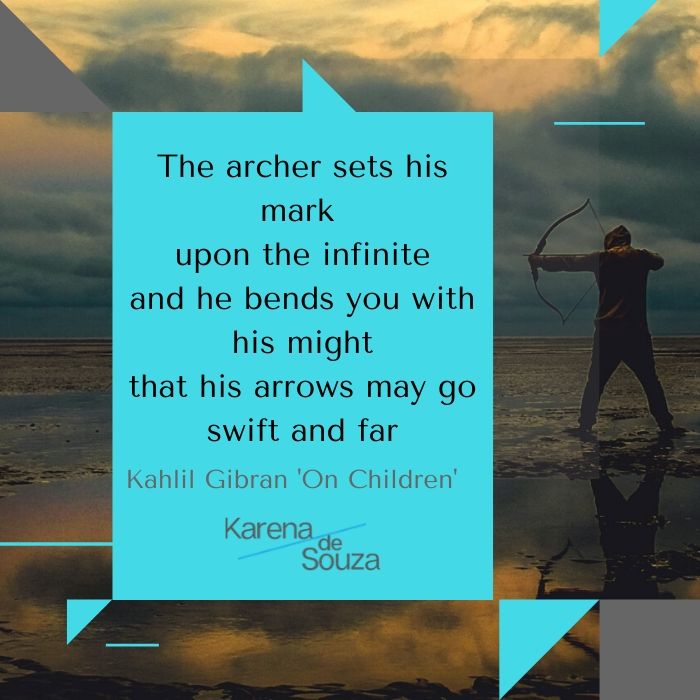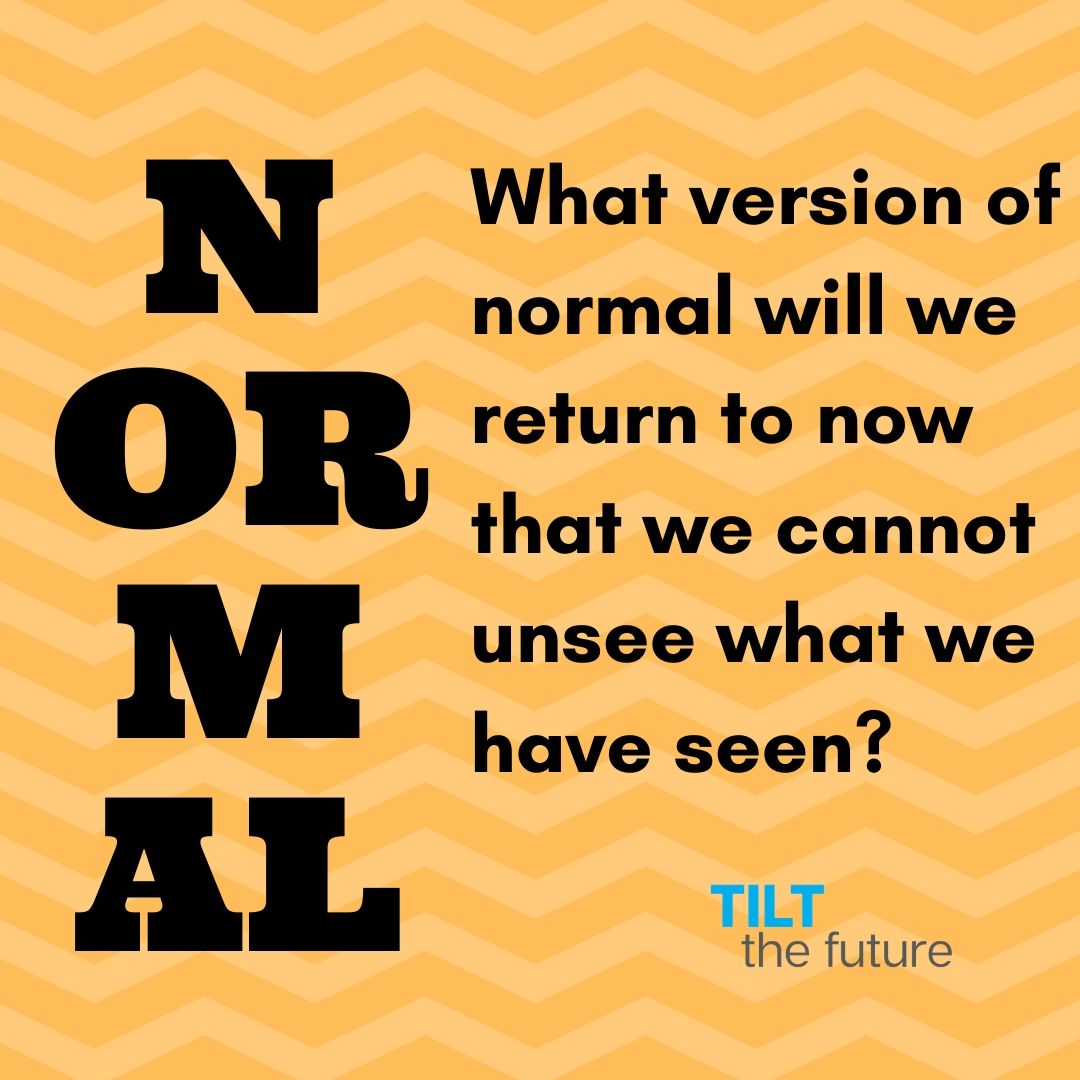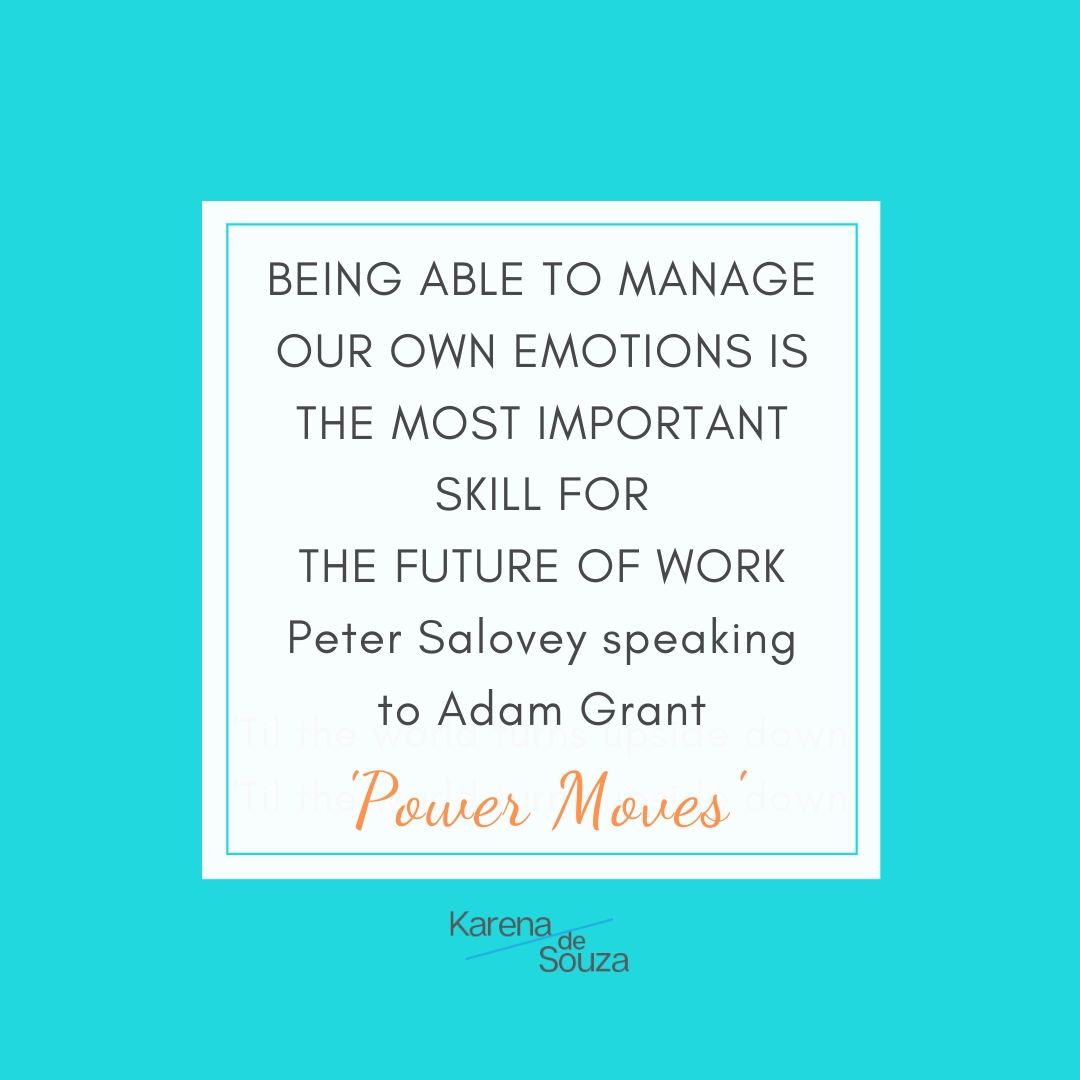A letter to my time-travelling self
I hope you will enjoy this wonderfully whimsical video made by Comedian Julie Nolke. She has a conversation with her January 2020 self. Her video inspired this post. Enjoy a listen, then see if you can relate! Read on ...
[embed]https://youtu.be/xk_MHfOAfRQ[/embed]
Monday morning quarterbacking the COVID-19 crisis
It will be easy to write history. When this COVID-19 crisis ends, we will each have the advantage of hindsight, more information, more knowledge and so much data. We will easily be able to connect the dots looking backwards, and see where we could have, should have, would have done differently.
So, if you could time travel .....
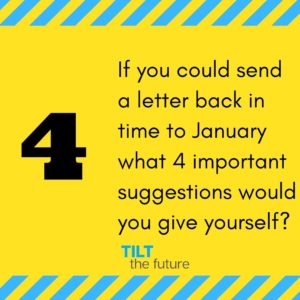
What are 4 things you would tell your past self?
- Dream big & bold. Because the world realizes the word impossible no longer exists.
- Make your will. And get cracking on your 'big projects'. You never know when your time will be up.
- That goal to 'look good on camera' before venturing into video creation - don't sweat it. Focus on the content, not your looks. Your friends & family are quickly going to get used to seeing you sleepy-eyed, grey haired and in leggings.
- Take out the sewing machine and get it serviced.
Would you have listened to yourself?
For each item on my list, I would probably bring a lot of argumentation to my current self - a lot of constraints and boundaries. Many would be related to space & time. Which is funny because when I think about what I do, my favourite activity is to play with time. Which goes to show ....
I think a lot of my resistance was centred on someone else's SHOULD do list, instead of my JUST do list.
Futurecasting
The
FUTUREcasting workshops that I've developed are all about time travel, scenario planning and playing with options. Watching for signals. Reading the virtual tea leaves. It is a little like being the proverbial indigenous scout - who knows how to track wildlife based on paw prints and broken twig indicators.
The workshops allow us to visit a variety of possible futures - and creating a framework for operating that will function adequately in all, optimally in some and read the signals so we know when to switch to a different toolkit.
Growth mindset
- Do you have an open mind?
- Are you willing to entertain ideas that others consider nonsense?
- Do you trend towards abundance or scarcity?
- Do you love watching McGyver or Apollo-13 and get a thrill when you read how someone jerry-rigged a ventilator?
We need your ideas as we re-invent and re-imagine a new normal.
What next?
Now knowing which constraints have been so easily broken right across the globe, and how the economy, society and politics are all in upheaval
What letter will you write to your future self?
